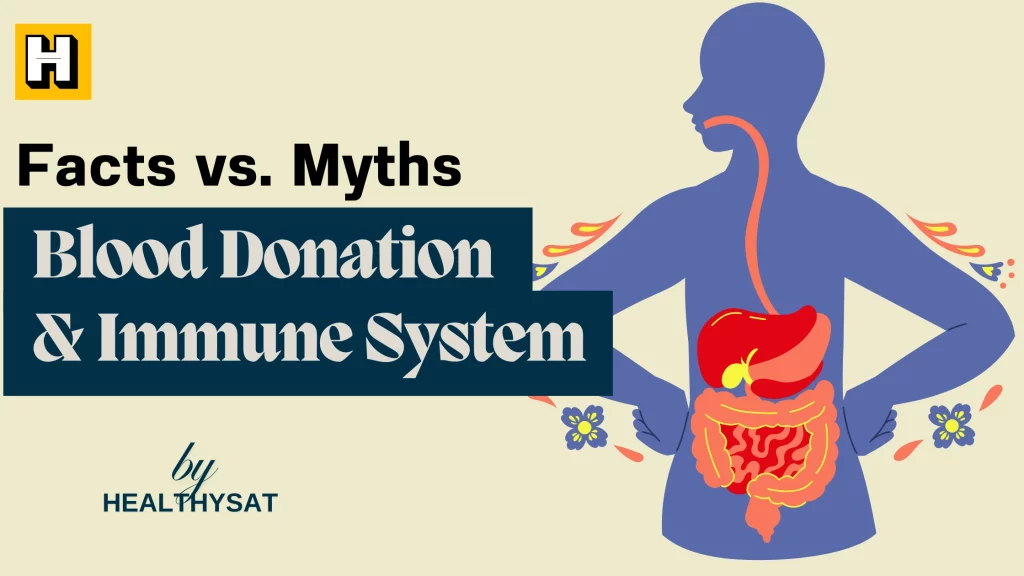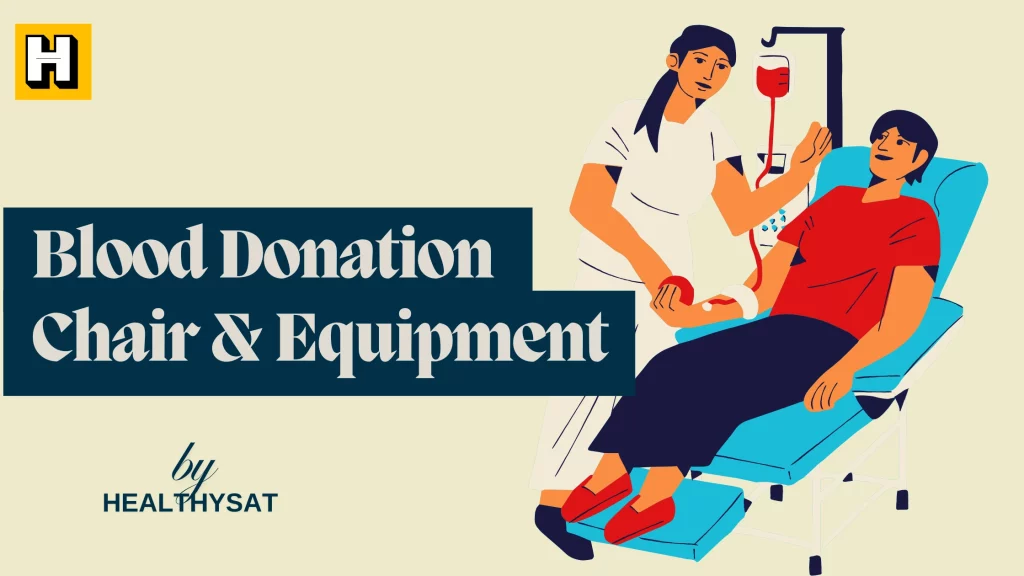Congratulations! You’re expecting a new addition to your family, and it’s an exciting time filled with anticipation and joy. As an expectant mother in Nigeria, one of the most crucial steps you can take to ensure a healthy pregnancy is to start antenatal care early.
In this comprehensive guide, we will cover everything you need to know about when to start antenatal care in Nigeria, including the importance of antenatal care, the recommended timing for initiating antenatal care, what to expect during antenatal visits and common FAQs from expectant mothers in Nigeria.
The Importance of Antenatal Care As an expectant mother, caring for your health is crucial for your and your baby’s well-being. Antenatal care, or prenatal care, is vital in ensuring a healthy pregnancy and reducing the risk of complications. Antenatal care provides an opportunity for early detection and management of potential health issues and health education and support for pregnant women.
Recommended Timing for Initiating Antenatal Care
The timing of when to start antenatal care in Nigeria is critical to ensure optimal health outcomes for both the mother and the baby. The World Health Organization (WHO) recommends that pregnant women start antenatal care as early as possible, ideally within the first 12 weeks of pregnancy.
Early initiation of antenatal care allows for early detection and management of potential health issues, reduces the risk of complications, and promotes healthy behaviors during pregnancy.
What to Expect During Antenatal Visits
Antenatal care typically involves a series of regular visits to a healthcare provider throughout pregnancy. These visits provide an opportunity for the healthcare provider to monitor the health of the mother and the baby, provide health education and support, and detect and manage any potential health issues. Here’s what you can expect during antenatal visits:
1. Medical History and Physical Examination
During the first antenatal visit, your healthcare provider will take a detailed medical history, including any pre-existing health conditions, previous pregnancies, and family history of medical issues. A physical examination, including weight, blood pressure, and abdominal circumference measurements, may also be conducted.
2. Laboratory Tests
Your healthcare provider may order various laboratory tests, including blood, urine, and screening tests for conditions such as gestational diabetes and HIV. These tests help to detect and manage any potential health issues that may arise during pregnancy.
3. Ultrasound Scans
Ultrasound scans are a standard part of antenatal care. They are usually performed at different pregnancy stages to monitor the baby’s growth and development, detect abnormalities, and determine the estimated due date.
4. Health Education and Support
Antenatal care also involves health education and support, including guidance on healthy eating, physical activity, and lifestyle changes during pregnancy. Your healthcare provider will also provide information on common pregnancy symptoms, labor and delivery, breastfeeding, and postpartum care.
Common FAQs from Expectant Mothers in Nigeria As an expectant mother in Nigeria, you may have several questions regarding when to start antenatal care.
FAQs
What is the recommended timing for initiating antenatal care in Nigeria?
The WHO recommends starting antenatal care as early as possible, ideally within the first 12 weeks of pregnancy.
What are the benefits of early initiation of antenatal care?
Early initiation of antenatal care allows for early detection and management of potential health issues, reduces the risk of complications, and promotes healthy behaviors during pregnancy, leading to better health outcomes for both the mother and the baby.
What should I bring to my antenatal visits?
It’s essential to bring your antenatal card, which contains your medical history, previous test results, and other important information. You should also get any prescribed medications and a list of any questions or concerns you may have for your healthcare provider.
- How to Look Attractive as a Girl And Boost Your Confidence
- Can Ampiclox Destroy Pregnancy
- How Much Is IVF in Nigeria: Understanding the Cost of IVF Treatment
- 5 Best Cream for Dark Skin In Nigeria
How often should I go for antenatal visits in Nigeria?
The frequency of antenatal visits may vary depending on your healthcare provider’s recommendations and your individual needs. However, it’s generally recommended to have monthly visits until the third trimester and then more frequent visits during the last trimester.
Can I still start antenatal care if I am in my second or third trimester?
Yes, you can still start antenatal care even if you are in your second or third trimester. It’s never too late to seek healthcare during pregnancy. However, starting early is recommended to ensure optimal health outcomes for both the mother and the baby.
Can I continue working during pregnancy?
Many women in Nigeria continue to work during pregnancy. However, discussing your job duties and potential risks with your healthcare provider is essential to ensure a safe and healthy pregnancy. Your healthcare provider may recommend modifications or restrictions based on your job responsibilities and overall health.
Can I start antenatal care before confirming my pregnancy?
Yes, you can start antenatal care before confirming your pregnancy. Early initiation of antenatal care, even before confirming pregnancy, is recommended to ensure optimal health outcomes for both the mother and the baby.
What should I do if I cannot afford antenatal care in Nigeria?
If you cannot afford antenatal care, several options exist. You can seek information about government-sponsored or community-based antenatal care programs that may provide free or low-cost services. You can also discuss your financial concerns with your healthcare provider to explore potential payment plans or discounts. Additionally, some health insurance plans may cover antenatal care services.
It’s important not to neglect antenatal care due to financial constraints, as early detection and management of potential health issues can significantly impact the health outcomes of the mother and the baby.
While traditional birth attendants or healers may be a cultural norm in Nigeria, seeking professional healthcare services from trained and qualified healthcare providers for antenatal care is essential.
Traditional birth attendants or healers may need more knowledge, skills, or resources to provide comprehensive antenatal care, including medical examinations, laboratory tests, and health education. Prioritizing evidence-based and professional healthcare for the best possible health outcomes during pregnancy is essential.
Conclusion
In conclusion, antenatal care ensures a healthy pregnancy for expectant mothers in Nigeria. Starting antenatal care early, ideally within the first 12 weeks of pregnancy, is recommended to detect and manage potential health issues, reduce the risk of complications, and promote healthy behaviors during pregnancy.
Regular antenatal visits, including medical history and physical examinations, laboratory tests, ultrasound scans, and health education and support, are essential for monitoring the health of the mother and the baby. It’s always possible to start antenatal care, even if you are in your second or third trimester. If you have any questions or concerns, discussing them with your healthcare provider for personalized care is essential.







